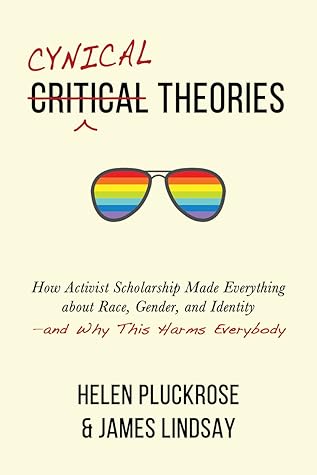In particular, they rejected the underlying modernist desire for authenticity, unifying narratives, universalism, and progress, achieved primarily through scientific knowledge and technology. At the same time, they took the modernists’ relatively measured, if pessimistic, skepticism of tradition, religion, and Enlightenment-era certainty—along with their reliance on self-consciousness, nihilism, and ironic forms of critique—to extremes.1 Postmodernism raised such radical doubts about the structure of thought and society that it is ultimately a form of cynicism.
Welcome back. Just a moment while we sign you in to your Goodreads account.


